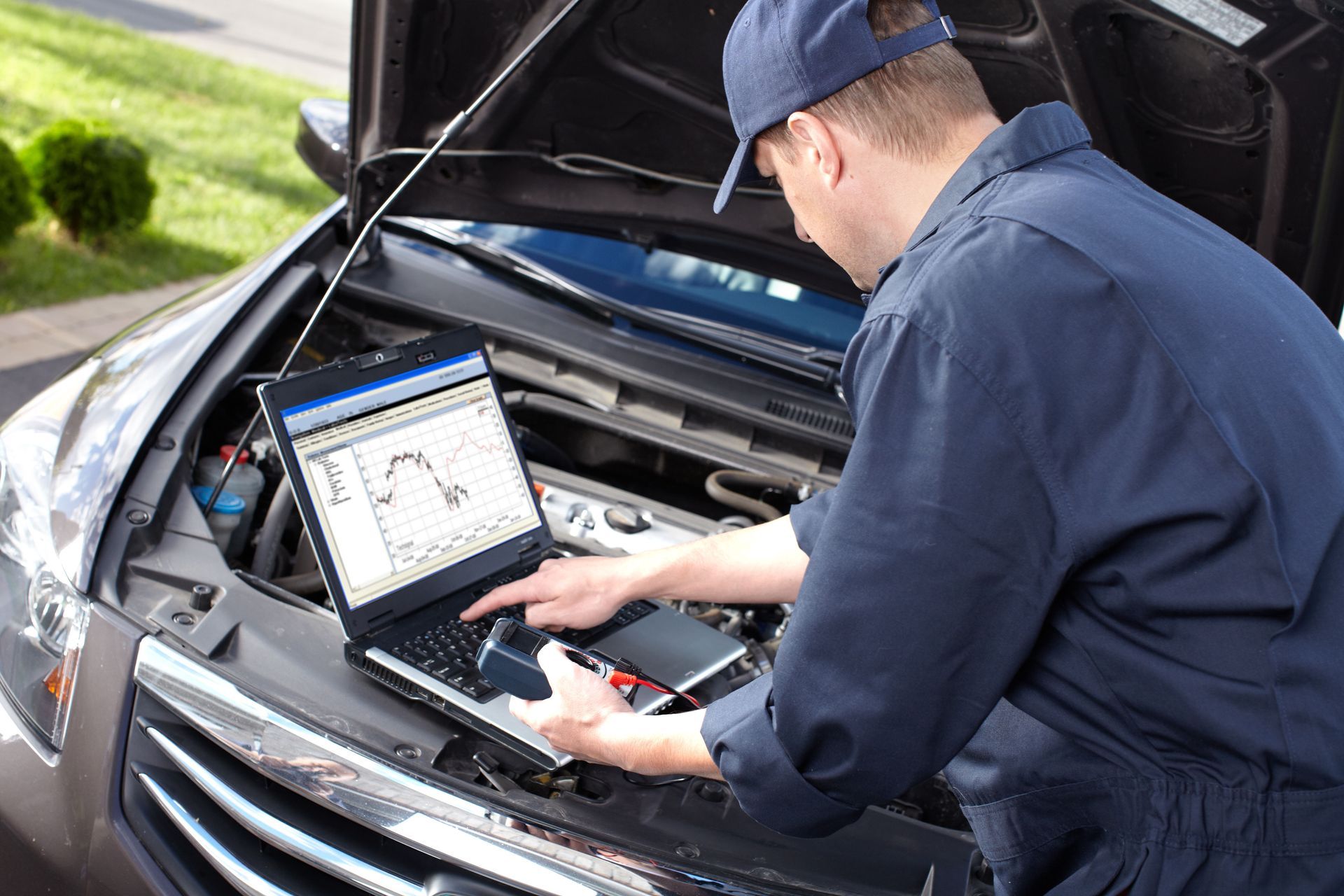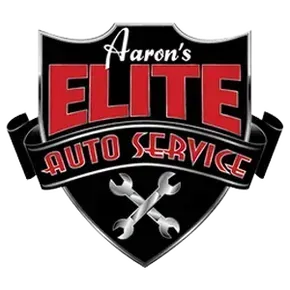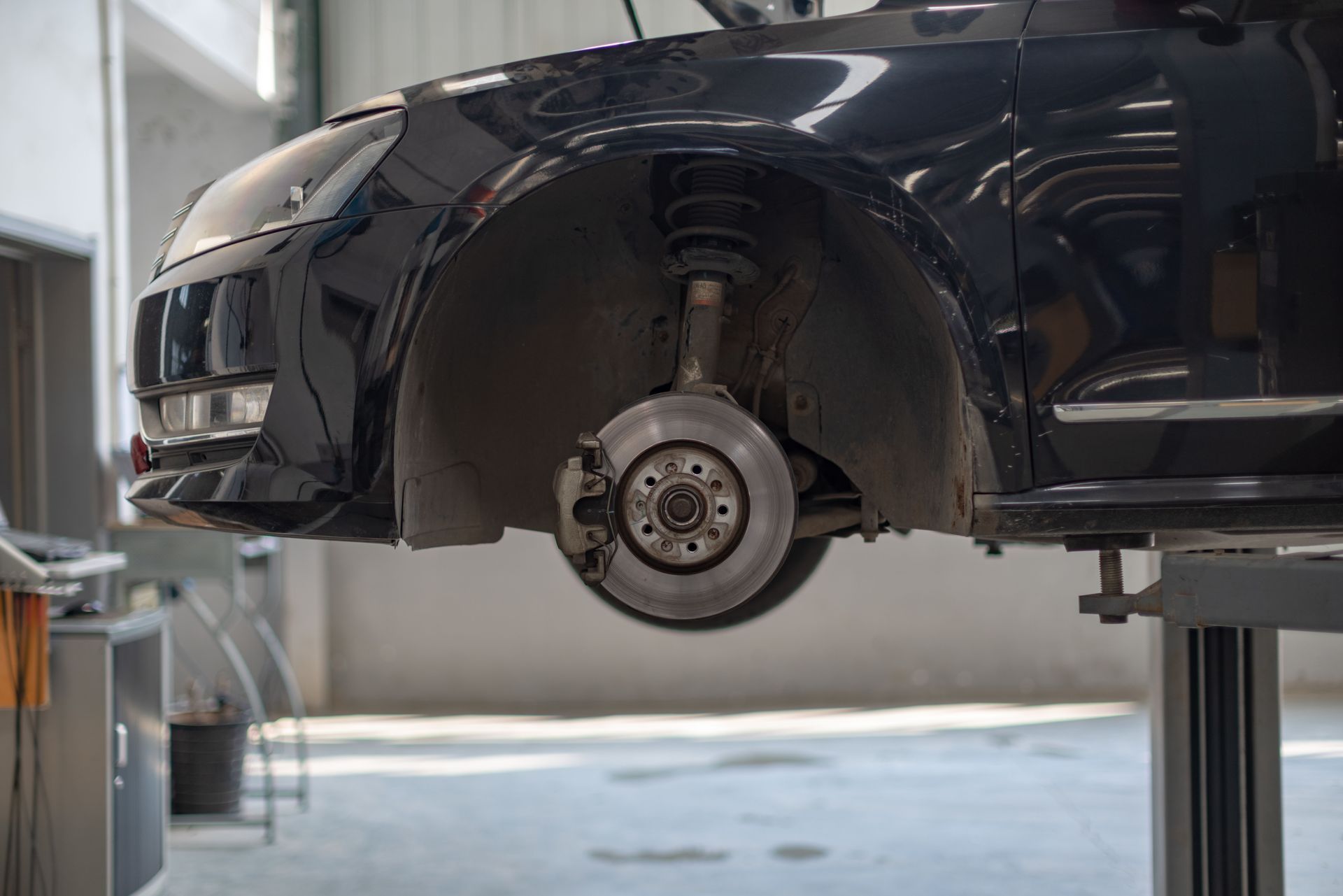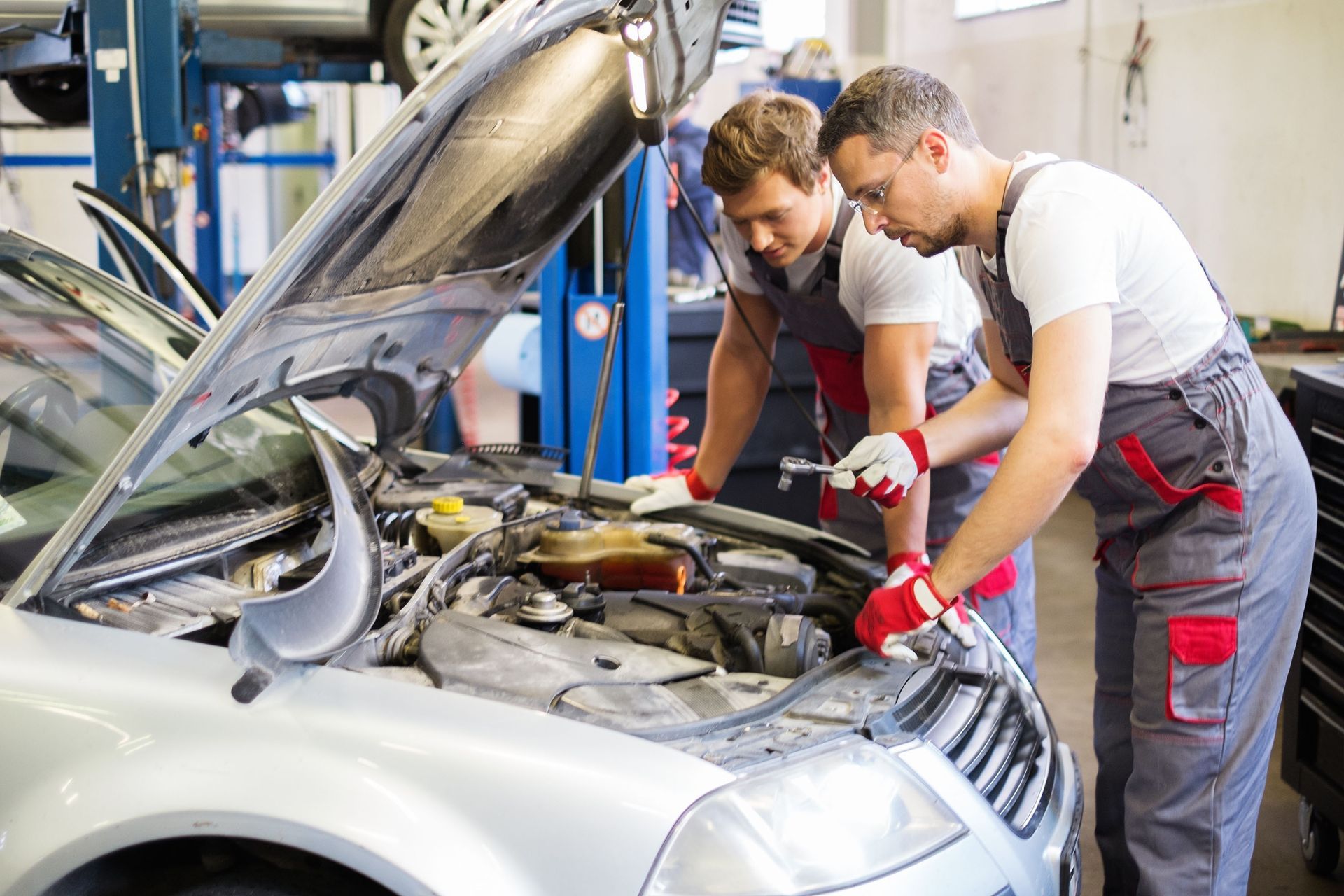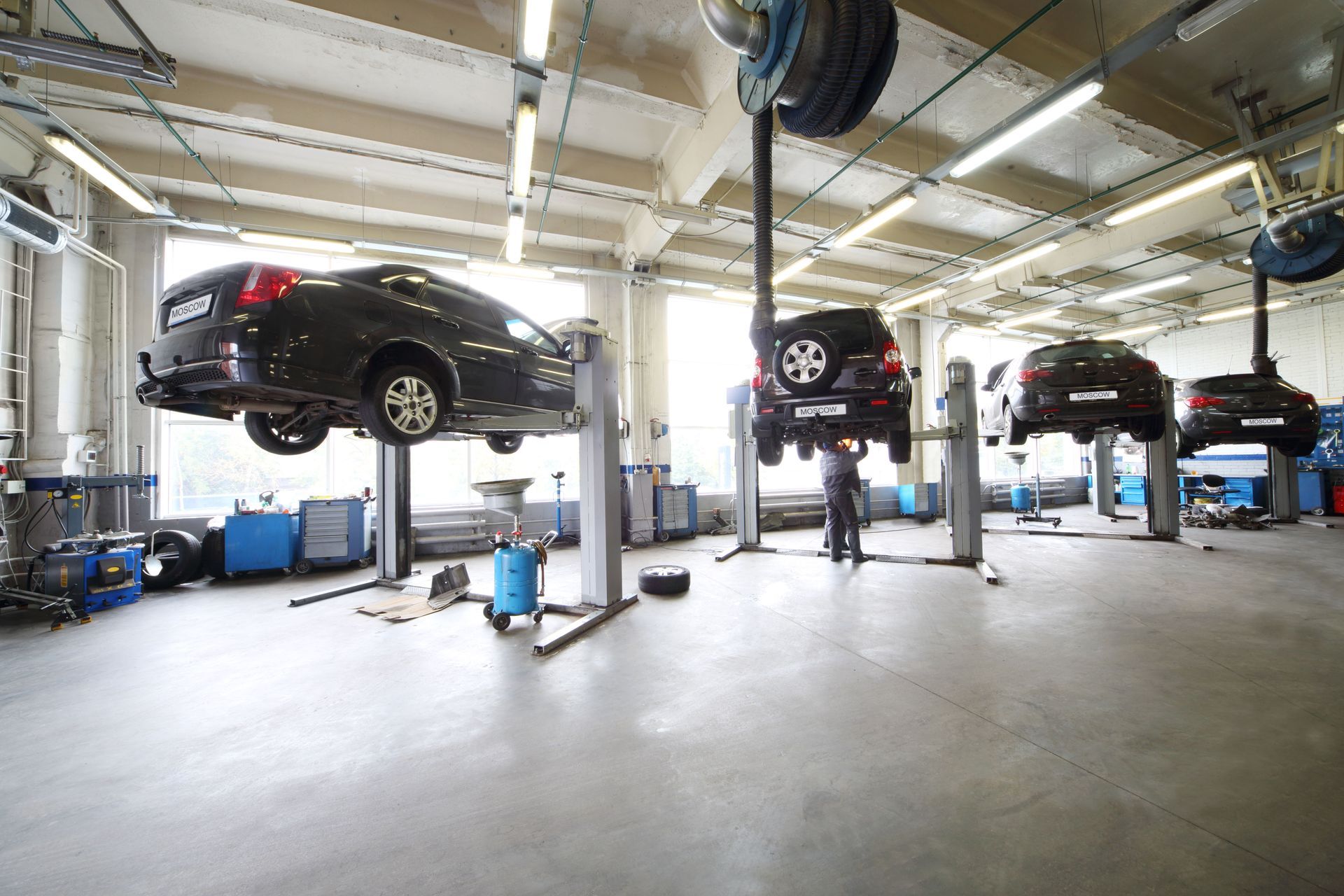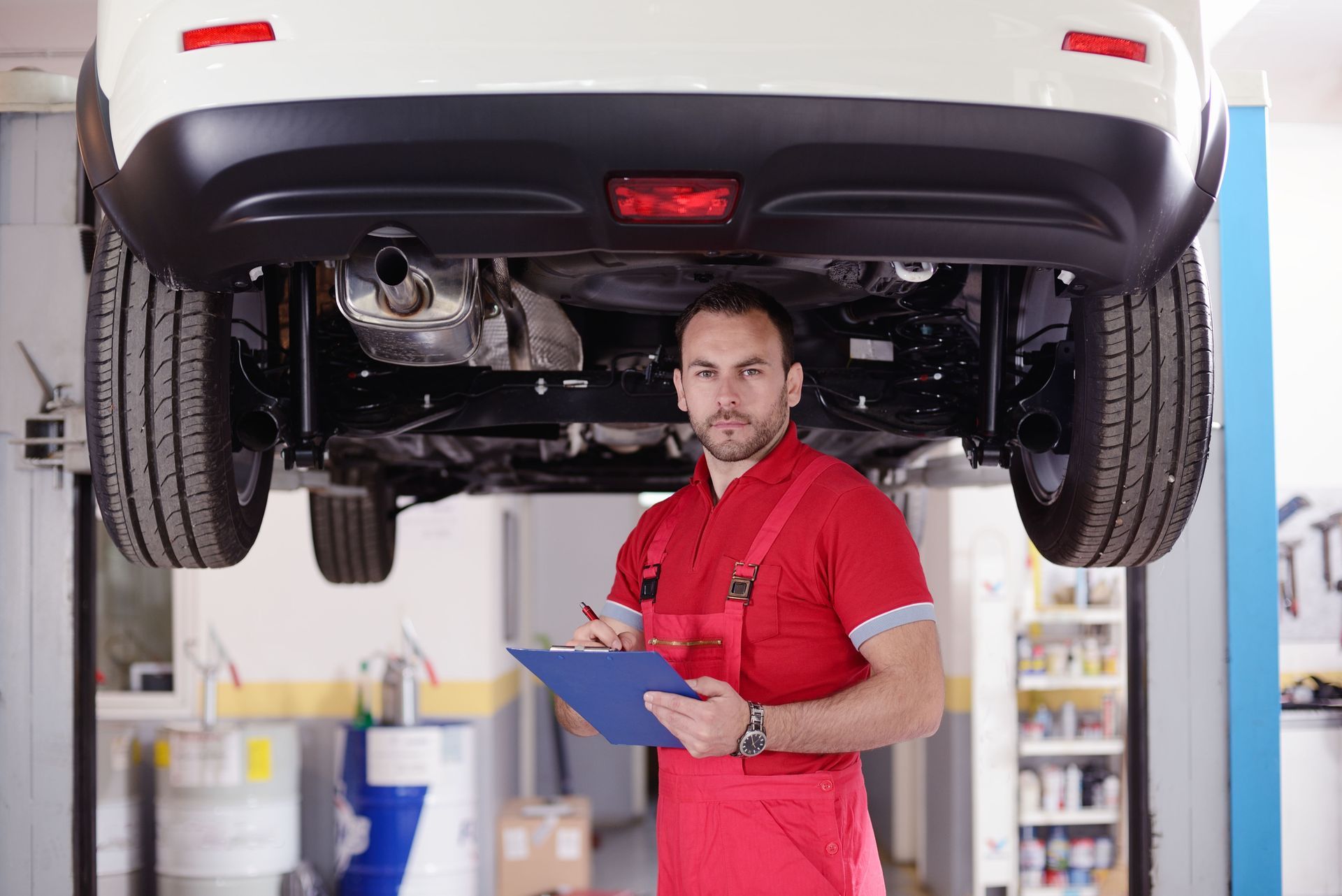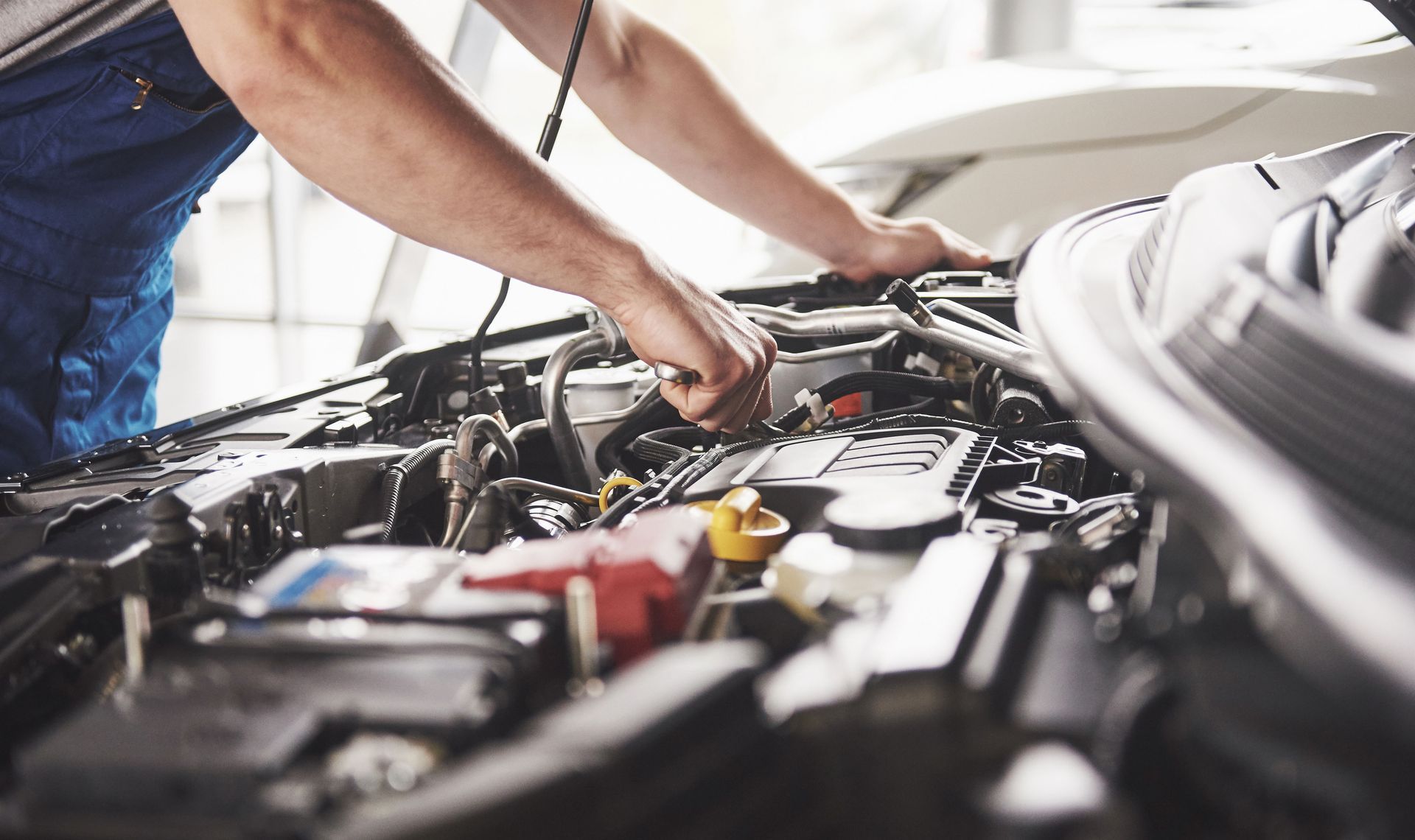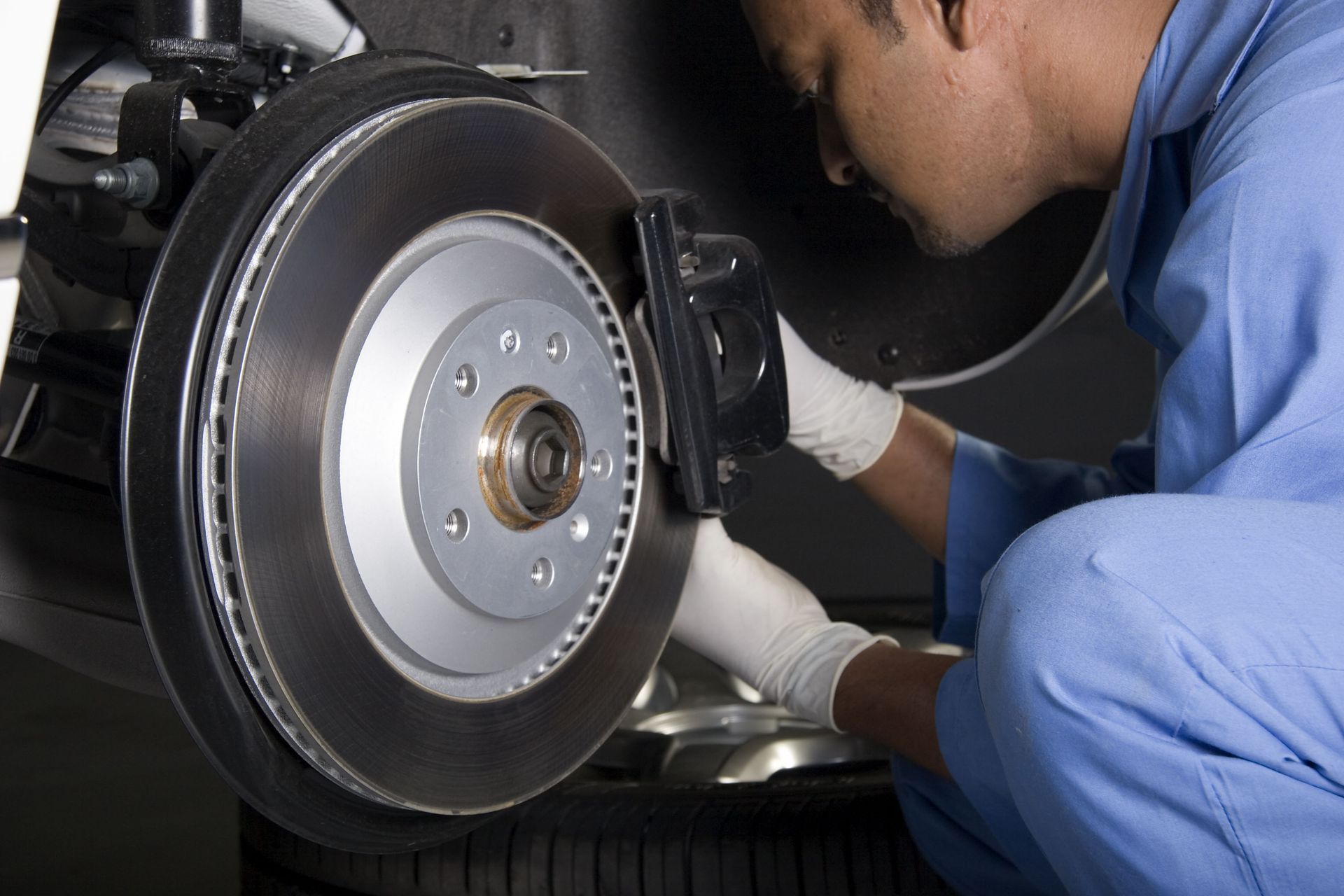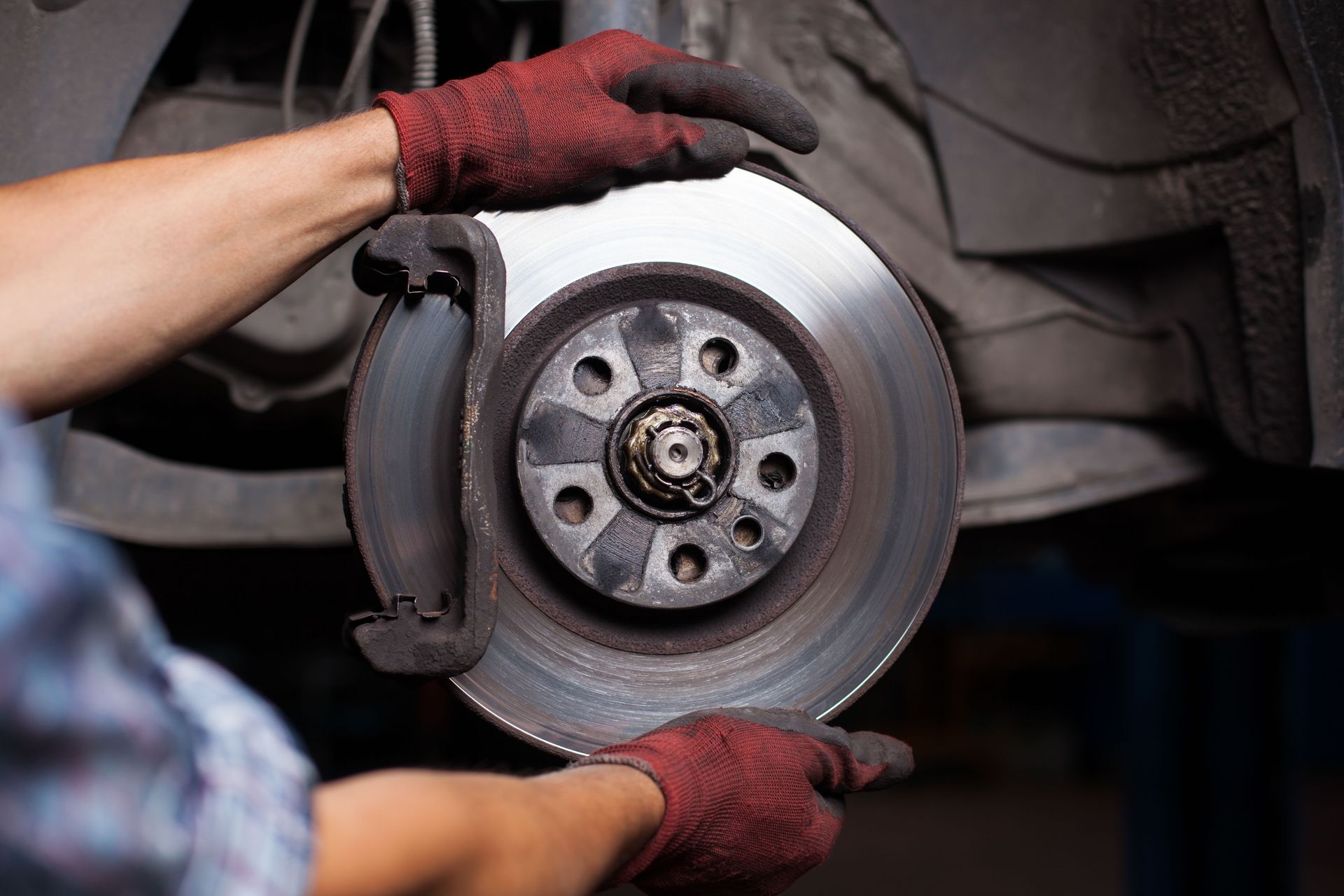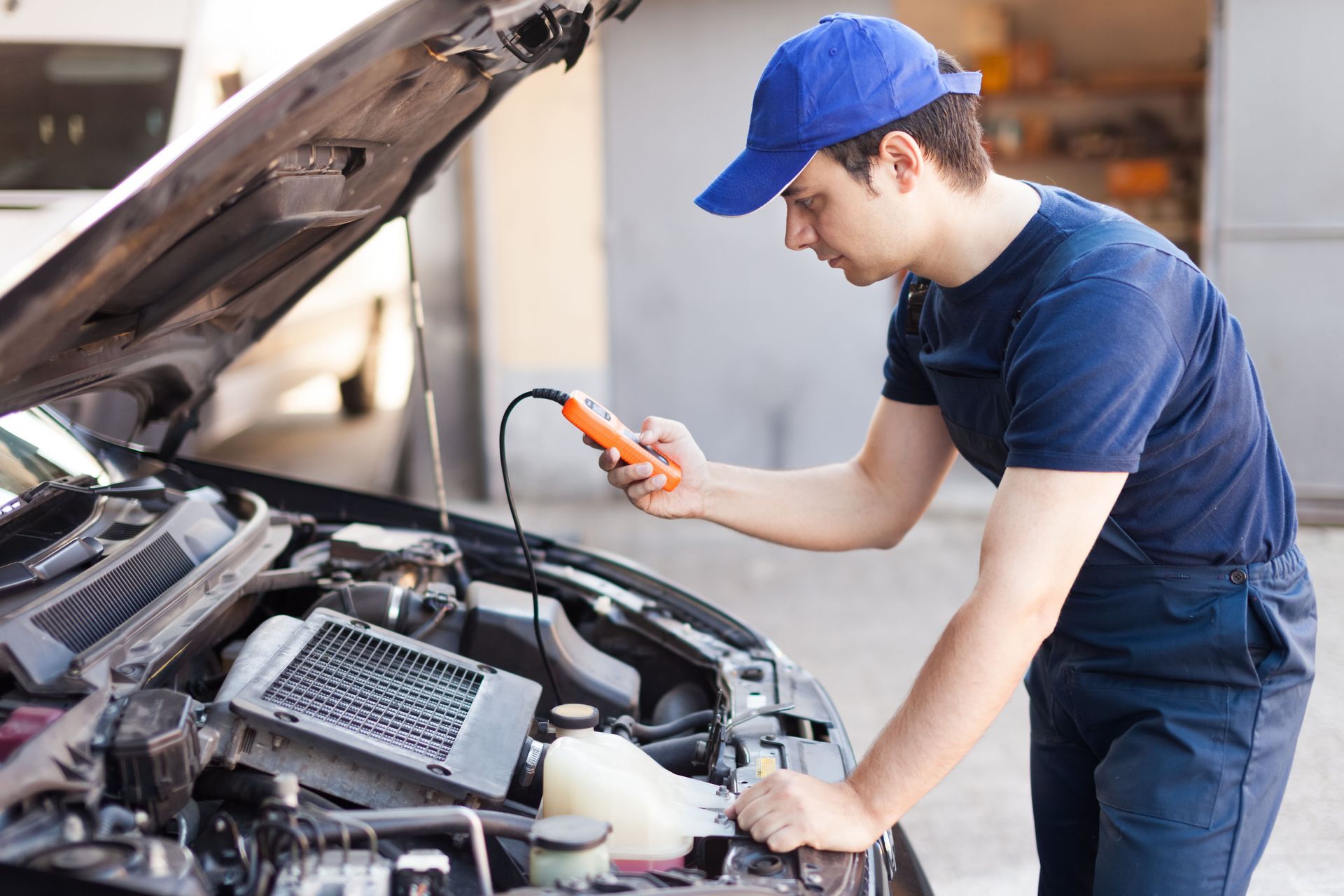November 15, 2025
By Aaron Rudie | November 15, 2025
In the ever-evolving world of automobiles, regular auto repair and maintenance play a crucial role in prolonging the lifespan of a vehicle. While the initial cost of regular maintenance may seem daunting, the long-term benefits and savings far outweigh these early expenses. This article explores various strategies to keep your vehicle in optimal condition, ensuring not only enhanced longevity but also improved efficiency and safety. By investing time and resources into regular maintenance, car owners can prevent costly breakdowns and ensure their vehicles operate smoothly. We delve into different aspects of car maintenance, highlighting the importance of each and offering practical advice on implementing effective strategies.
1. Regular Oil Changes
The engine of a car relies on oil for lubrication, which helps minimize friction between moving parts. This lubrication is essential in preventing wear and tear, which can lead to significant engine damage over time. Without regular oil changes, the oil's effectiveness decreases, leading to increased friction and the risk of engine overheating. Consequently, maintaining proper lubrication through regular oil changes is critical in preserving the engine's longevity and performance. By ensuring the engine remains well-lubricated, car owners can prevent costly repairs and enjoy smooth and efficient vehicle operation.
Choosing the right type of oil for your vehicle and adhering to recommended change intervals is vital for prolonging engine life. Synthetic oils, for instance, offer better protection and efficiency under various temperature conditions compared to conventional oils. Car manufacturers often provide guidelines on oil change frequency based on normal and severe driving conditions. Regular oil changes, as recommended by the manufacturer, ensure optimal engine performance and longevity. Adhering to these guidelines not only enhances engine protection but also contributes to better fuel efficiency.
Recognizing signs that indicate the need for an oil change can prevent potential engine damage. Noticeable changes such as unusual engine noise, increased exhaust smoke, and a persistent oil change light on the dashboard can signal the need for action. Being proactive and addressing these signs promptly ensures the vehicle continues to operate efficiently. Additionally, sticking to the recommended oil change schedule helps preserve the engine's condition. By paying attention to these indicators, car owners can avoid unnecessary wear and costly repairs.
2. Tire Maintenance and Rotation
Tire maintenance and rotation play a pivotal role in ensuring even tire wear, thus extending the life of the tires. Regular rotation helps distribute the wear more evenly across all the tires, maintaining balance and improving handling. Typically, mechanics recommend rotating tires every 5,000 to 7,500 miles, depending on driving conditions and tire type. By preventing uneven wear, owners can enhance the longevity of their tires, reducing the frequency and cost of replacements. Consistent tire maintenance decreases the risk of blowouts and provides a safer driving experience.
Proper tire maintenance significantly impacts a vehicle's fuel efficiency. Underinflated tires increase rolling resistance, requiring more energy to move the car forward. Regularly checking tire pressure and maintaining optimal levels can improve gas mileage by over 3%. Regular tire maintenance is vital for any car owner, as according to ConsumerAffairs, Americans drive an average of more than 30 miles every day, increasing the vehicle's fuel costs. By maintaining correct tire pressure, car owners not only save money on fuel but also reduce environmental impact.
Regular tire maintenance enhances a vehicle's handling, leading to a safer driving experience. Properly inflated and well-maintained tires provide better grip, stability, and control, particularly during sudden maneuvers or adverse weather conditions. Tire checks also involve inspecting tread depth, which is crucial for water displacement and preventing hydroplaning. By ensuring tires are in good condition, car owners can avoid accidents resulting from poor handling and decreased traction. Ultimately, diligent tire maintenance significantly contributes to the overall safety and reliability of the vehicle.
3. Brake System Inspections
The brake system is crucial for vehicle safety and requires regular inspections to ensure optimal performance. Key components include brake pads, rotors, calipers, and brake fluid, each playing a vital role in stopping the vehicle effectively. Over time, these components undergo wear and tear, necessitating replacements to maintain reliability. Regular inspections help identify issues early, preventing brake failure and costly repairs. By prioritizing brake maintenance, car owners can safeguard themselves and others on the road.
Recognizing signs of brake wear and tear is essential in preventing potential accidents. Unusual noises, such as squealing or grinding, can indicate worn brake pads needing replacement. Additionally, reduced responsiveness, a spongy pedal feel, or vibrations during braking may suggest underlying issues. Addressing these symptoms promptly ensures continued brake performance and safety. Regularly scheduling brake inspections enables early detection and resolution of problems before they escalate.
Brake fluid is a critical component in maintaining effective braking performance. It transfers force from the brake pedal to the brake components, ensuring smooth and controlled stopping power. Over time, brake fluid can absorb moisture, reducing its efficacy and increasing the risk of brake failure. Regularly checking and replacing brake fluid, as per manufacturer recommendations, preserves its effectiveness and safeguards against potential issues. By maintaining optimal brake fluid levels and quality, car owners can ensure effective braking and enhance vehicle safety.
4. Battery Care and Maintenance
Understanding a car battery's lifespan is essential for avoiding unexpected failure and ensuring consistent performance. On average, car batteries last between three to five years, although factors such as climate, driving habits, and maintenance can influence longevity. Regular inspections can identify early signs of wear, allowing for timely replacements. By comprehending battery lifespan, car owners can plan for replacements, minimizing the risk of inconvenient breakdowns. Proactively addressing battery maintenance promotes vehicle reliability and efficiency.
Maintaining clean and secure battery connections is crucial for efficient power transfer. Corrosion build-up on battery terminals can hinder electrical flow, leading to starting issues or even battery failure. Regular cleaning of terminals with a solution of baking soda and water can prevent corrosion and enhance performance. Additionally, ensuring tight and secure connections minimizes the risk of disconnection during vehicle operation. By regularly checking and maintaining battery connections, car owners can prevent performance issues and extend battery life.
5. Engine Tune-ups
Regular auto repair and engine check-ups offer numerous benefits, enhancing both performance and longevity. Identifying and addressing minor issues during tune-ups can prevent them from escalating into costly repairs. These check-ups ensure optimal fuel combustion, leading to improved efficiency and reduced emissions. By scheduling regular engine tune-ups, car owners can preserve engine health and enjoy a smoother and more reliable driving experience. Consistent maintenance promotes overall vehicle efficiency and longevity.
An engine tune-up involves inspecting and servicing essential components to optimize performance. These components include spark plugs, ignition wires, air and fuel filters, and the throttle body, all of which play vital roles in engine operation. During a tune-up, mechanics ensure these components are in excellent condition, replacing or adjusting them as needed. Comprehensive tune-ups ensure that the engine operates efficiently and consistently, reducing the risk of breakdowns. By addressing these key components, car owners can maintain optimal engine performance and longevity.
This exploration of various auto repair strategies highlights their importance in extending the life of your car. Regularly maintaining each component, from the engine to the cooling system, ensures reliability and reduces the risk of sudden breakdowns. While the initial costs of maintenance may seem high, the long-term savings and benefits outweigh these expenses, making it a wise investment. By adopting these practices, car owners can enhance vehicle safety, fuel efficiency, and environmental sustainability. Embracing regular auto repair practices secures a reliable and enjoyable driving experience, prolonging the vehicle's lifespan and overall value. For more information about the services that we offer, reach out to our incredible team at Aaron's Elite Auto Service today!
